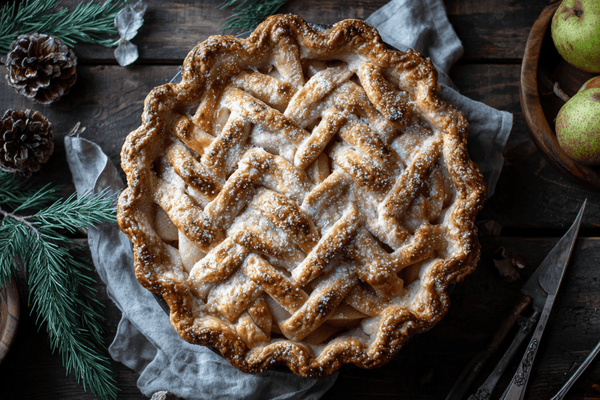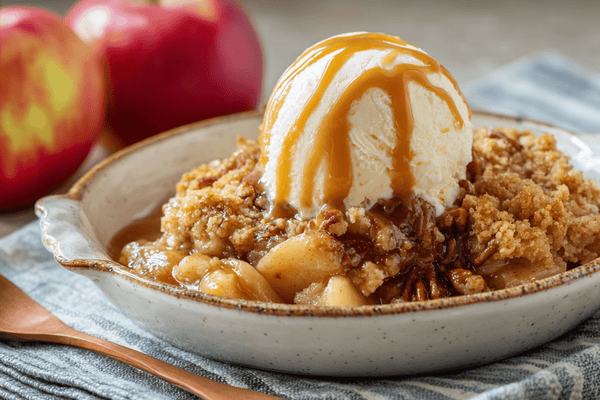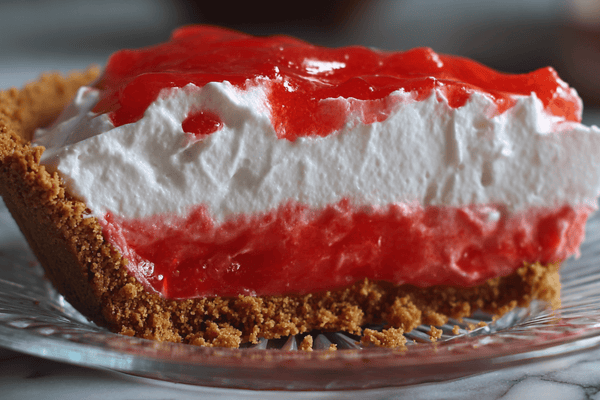
Oven pans are a crucial component of any kitchen. These versatile and durable pans come in many shapes, sizes, and materials, making them perfect for various cooking needs. Whether baking a cake, roasting a turkey, or making a casserole, an oven pan is perfect for the job. This article will cover everything you need to know about oven pans, including how to choose the right one for your needs and how to use them properly.
Table of contents
Types of Oven Pans
There are many different types to choose from when it comes to oven pans. Here are some of the most common:
Baking Pans

Baking pans are designed to be used in the oven for baking cakes, cookies, and other baked goods. These pans are typically made from metal, such as aluminum or stainless steel, and are available in various shapes and sizes.
Casserole Dishes

Casserole dishes are a type of oven pan that is perfect for making casseroles and other baked dishes. They are often made from ceramic, glass, or stoneware and are available in various shapes and sizes.
Roasting Pans

Roasting pans are designed to roast meat and vegetables in the oven. These pans are made from metal, such as stainless steel or cast iron, and often come with a roasting rack.
Pizza Pans

Pizza pans are specially designed for making pizzas in the oven. They are often made from aluminum or steel and are available in various shapes and sizes.
Materials
There are several different materials to choose from when it comes to oven pans. Each material has advantages and disadvantages, so it's important to choose the right one for your needs.
Aluminum
Aluminum is a popular material for baking pans because it heats up quickly and evenly. However, it can react with acidic foods and cause them to have a metallic taste.
Stainless Steel
Stainless steel is a durable and non-reactive material that is perfect for roasting pans and baking sheets. However, it does not heat up as quickly as other materials.
Ceramic
Ceramic is a great material for casserole dishes because it distributes heat evenly and retains heat well. However, it can be heavy and breakable.
Cast Iron
Cast iron is a durable and versatile material perfect for roasting pans and baking dishes. However, it is heavy and requires some maintenance to keep it in good condition.
How to Choose the Right Oven Pan
Choosing the right oven pan can make all the difference in your cooking. Here are some factors to consider when selecting an oven pan:
Size
Make sure to choose an oven pan that is the right size for your needs. If the pan is too small, your food may spill over or not cook evenly. If it is too large, your food may not cook properly.
Material
Consider the material of the pan based on what you're cooking. For example, a cast iron pan may be the best choice if you're roasting a turkey. If you're baking cookies, an aluminum pan may be more suitable.
Shape
Different dishes require different shapes of pans. For example, a round cake will require a round baking pan, while a lasagna will require a rectangular casserole dish. Consider the shape of the food you'll be cooking when choosing an oven pan.
Durability
Choose an oven pan that is durable and can withstand high temperatures. You don't want to have to replace your oven pans frequently because they wear out quickly.
How to Use Oven Pans
Using oven pans properly can help ensure that your food is cooked evenly and perfectly. Here are some tips for using oven pans:
Preheat the Oven.
Always preheat your oven before using an oven pan. This will ensure that the oven is at the correct temperature for cooking.
Grease the Pan
Grease the oven pan with cooking spray or butter to prevent your food from sticking to the bottom of the pan.
Use the Right Temperature
Make sure to cook your food at the correct temperature according to the recipe. Using the wrong temperature can result in over or undercooked food.
Use a Timer
Set a timer to keep track of the cooking time. This will help ensure that your food is cooked for the right amount of time.
Let the Pan Cool
Allow the oven pan to cool before cleaning it. This will prevent any damage to the pan and help it last longer.
Table overview
| Type of Oven Pan and Material | Best Used For | Pros and Cons |
|---|---|---|
| Aluminum Baking Pan | Baking cakes, cookies, and other baked goods | Pros: Heats up quickly and evenly. Cons: Can react with acidic foods. |
| Ceramic, Glass, or Stoneware Casserole Dish | Making casseroles and other baked dishes | Pros: Distributes heat evenly and retains heat well. Cons: Can be heavy and breakable. |
| Stainless Steel or Cast Iron Roasting Pan | Roasting meat and vegetables | Pros: Durable and versatile. Cons: Heavy and requires maintenance. |
| Aluminum or Steel Pizza Pan | Making pizzas | Pros: Heats up quickly and evenly. Cons: Limited use for other dishes. |
FAQ about Oven Pans
Here are some common questions about oven pans:
Q: What is the best material for an oven pan?
A: The best material for an oven pan depends on what you're cooking. For baking, aluminum is a good choice because it heats up quickly and evenly. Cast iron is a great option for roasting because it can withstand high temperatures.
Q: How do I clean my oven pan?
A: To clean an oven pan, first, let it cool down. Then, use a non-abrasive cleaner and a soft sponge to gently clean the pan. Avoid using harsh chemicals or abrasive sponges, which can damage the pan.
Q: Can I put my oven pan in the dishwasher?
A: It depends on the type of oven pan. Ceramic and glass pans are usually dishwasher safe, while metal and cast iron pans should be washed by hand.
Q: Can I use my oven pan on the stovetop?
A: It depends on the type of oven pan. Metal and cast iron pans can be used on the stovetop, while ceramic and glass pans cannot.
Conclusion
Oven pans are a must-have in any kitchen, and choosing the right one can make all the difference in your cooking. When selecting an oven pan, consider its size, material, shape, and durability. Remember to preheat the oven, grease the pan, and use the right temperature when cooking. By following these tips and guidelines, you can easily cook delicious meals and treats using your oven pans. Happy cooking!


